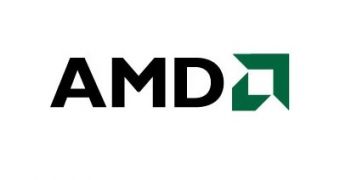AMD is confident that the PC adaptations of next-generation console games for PlayStation 4 or Xbox One won't run well on Intel hardware, particularly graphics solutions, as developers won't have time to optimize their games for that niche of the market.
AMD powers the PlayStation 4 through a modified Jaguar Accelerated Processing Unit (APU) that includes a CPU and GPU. While it hasn't been confirmed, the company is also powering the Xbox One next-gen system from Microsoft.
As such, AMD notes that its solutions will have a distinct advantage over Intel's PC-exclusive graphics hardware.
"When it comes to high-end gaming, current Intel integrated graphics solutions usually force users to compromise between quality or performance, which is a tough choice to impose on gamers," the company told PC Gamer.
"The semi-custom APU AMD designed for the PlayStation 4 is built on AMD’s 28nm "Jaguar" CPU cores and Radeon graphics which enables 1.84 TFLOPS of performance for leading performance, image quality, tessellation, and efficiency."
What's more, AMD also emphasizes that, seeing as how the PS4, the Xbox One, and quite a few PCs will be running AMD technology, developers will optimize their projects for such hardware, meaning some issues or performance drops might be recorded on Intel tech.
"In essence, this means the graphics chip that developers are programming for is in a completely different class than what Intel is currently providing on the PC platform, and PC ports of next-generation console titles are likely to struggle to perform acceptably well on Intel-integrated solutions."
"In contrast, AMD GPUs and APUs sharing the same or similar architecture will have a much easier time coping with the extra graphics workloads required by this next-generation of titles. Because of this we do not expect game developers to spend resources on implementing Intel-specific extensions unless they’re given strong motivation to do so by Intel."
AMD and Microsoft are expected to detail the components of the Xbox One later today, at E3 2013.

 14 DAY TRIAL //
14 DAY TRIAL //